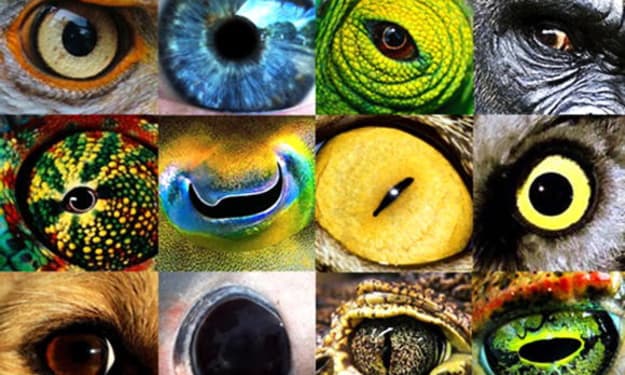What Happened to the Man Who Fell In Love with Himself
Narcissism Unveiled: The Mythical Origins and Modern Realities of Self-Love

The concept of narcissism revolves around an intense self-love that often leads to an inflated sense of superiority. This unique mental condition traces its roots back to ancient times, particularly in Greek mythology, where the character Narcissus serves as a cautionary tale about the perils of excessive self-love. While various versions of the story exist, they all emphasize the dangers of narcissism and its potential to wreak havoc on a person's life.
Narcissus, the offspring of mythological beings, came into the world with a peculiar prophecy looming over him: he would survive until he glimpsed his own reflection. To avert this fate, his parents banished all mirrors and reflective objects from their home. Narcissus grew into a handsome youth, admired by all for his beauty. However, he remained indifferent to the affections of others, preoccupied with his forest wanderings, fruit consumption, and birdsong appreciation.
One day, Echo, a nymph, fell in love with Narcissus upon encountering him among the flora and fauna. Despite her efforts to convey her feelings, Narcissus rejected her, shattering her heart. Echo's existence turned sorrowful, leading her to a secluded existence in a cave. Desperate for retribution, she implored Nemesis to punish Narcissus for his arrogance. The vindictive deity caused Narcissus to fall in love with his own reflection, a love so profound that he withered away, unable to tear his gaze from his image.
In another interpretation, Hera, the queen of the gods, cursed Echo to only repeat what she heard, a result of her past misdeeds involving Zeus. Echo's isolation continued until she observed Narcissus and fell for him. Unable to communicate directly, she employed her magical talents to convey her emotions through animals and trees. Narcissus recognized her sentiments but declined them, consumed by his own self-absorption.
In yet another version, Narcissus's fixation on his reflection stemmed from his twin sister's tragic demise. Grief-stricken, he couldn't bear to lose sight of a face reminiscent of hers. While this perspective offers a somber twist, the common thread in these tales lies in the depiction of narcissism, where self-love morphs into an all-encompassing obsession.
Narcissistic individuals center their thoughts on their beauty, achievements, and an idealized notion of love. They often view themselves as unique, superior to others, and seek associations with those they deem equally exceptional. This self-infatuation can lead to isolation, as they struggle to empathize with others' emotions. Yet, their charm often draws people in, as they possess the ability to captivate with their charisma and wit.
Navigating relationships with narcissists can be challenging, given their self-centric focus. Their lack of empathy hinders the sharing of emotions, and they struggle to grasp others' feelings. This self-absorption, while driving them to seek admiration, impedes their capacity for meaningful connections. The seeds of narcissism often take root in childhood, where a constant stream of praise and admiration might create an emotional void that they later attempt to fill through external validation.
Fortunately, modern psychology offers avenues for addressing and mitigating narcissism. Therapeutic interventions delve into the patient's past, uncovering the origins of their self-obsession. While the process is intricate and demanding, it can yield significant results. Yet, convincing individuals with an elevated self-concept to participate in such therapy remains a daunting task. The decision to seek help involves acknowledging their shortcomings, a realization that can be arduous for those enamored with themselves.
In conclusion, the myth of Narcissus imparts profound lessons about the pitfalls of narcissism, cautioning against the perils of excessive self-love. Various versions of this ancient tale emphasize the dangers of becoming entrapped in one's own reflection, losing sight of the world beyond. While narcissistic individuals possess charm and allure, their self-centeredness hampers genuine connections. Modern psychology provides hope for those caught in the throes of narcissism, offering a pathway towards healing and self-awareness.
Watch video on YouTube @BRIGHTSIDE






Comments
There are no comments for this story
Be the first to respond and start the conversation.